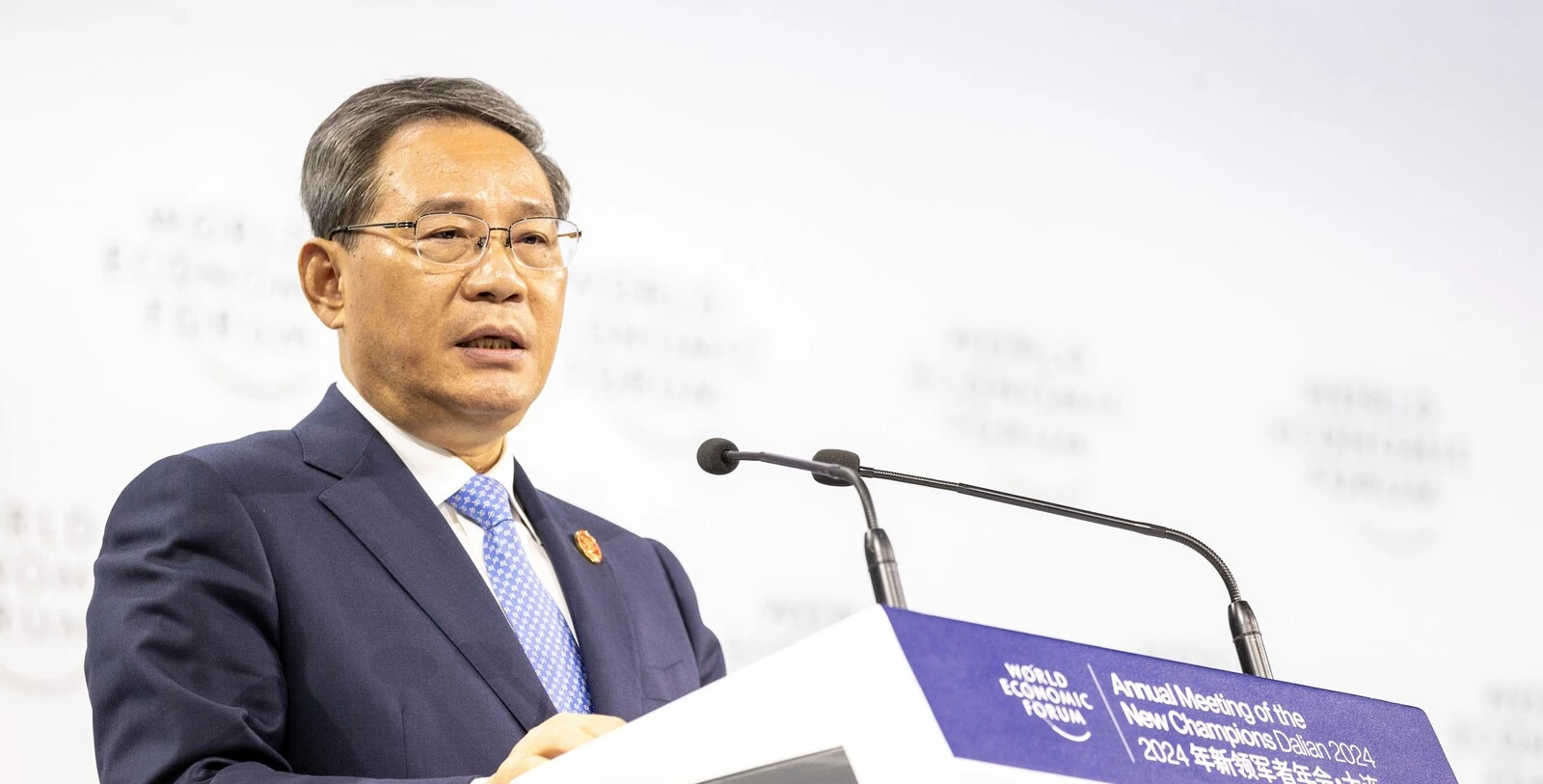LME rocked by new nickel scandal after finding bags of stones

The London Metal Exchange has discovered bags of stones instead of the nickel that underpinned a handful of its contracts at a warehouse in Rotterdam, in a revelation that will deliver another blow to confidence in the embattled exchange.
The amount of metal represents just 0.14% of live nickel inventories on the LME, worth about $1.3 million at current prices, so the immediate impact on metals markets is limited. But the shock announcement has much wider implications: in an industry riddled with scandals, the LME’s contracts are viewed as unquestionably safe. The news that even a few of them have been compromised will raise fresh questions about its systems and procedures while the 146-year old exchange is still wading through the fallout of its last nickel crisis.
“LME warehouse warrants used to be the gold standard of warehouse warrants around the world, treated as a near-cash equivalent,” John MacNamara, chief executive officer of Carshalton Commodities Ltd. and a veteran commodity trade finance banker, wrote on LinkedIn. “Something has gone horribly wrong at the LME.”
It also comes at a fraught time for the wider metals world, after trading giant Trafigura Group revealed in February that it had been the victim of a vast alleged fraud involving missing nickel cargoes. The news that a powerful player like Trafigura is facing hundreds of millions of dollars in losses has spooked others in the industry and prompted some to check on their own metal cargoes.
Related Article: Trafigura faces $577 million loss on alleged nickel fraud
However, the one place where metal has always been considered perfectly safe is once it has been registered “on warrant” in an LME-approved warehouse. Contracts on the LME, which are the global benchmarks for industrial metals including aluminum, copper and nickel, are underpinned by physical metal in the network of warehouses around the world — any trader holding a contract to delivery receives a parcel of metal in an LME-registered warehouse.
The LME discovered the problem after it received reports that some nickel delivered out of a warehouse in Rotterdam contained bags of stones instead of nickel briquettes. The warehouse is operated by Access World, according to people familiar with the matter. The company was previously owned by Glencore Plc, and said in January it had been acquired by Global Capital Merchants Ltd.
Access World, which is one of the more prominent companies that operates facilities registered on the LME network, investigated and subsequently found that the bags of “nickel” underlying nine contracts — representing 54 tons of metal — did not contain the nickel that they should have done. The nine warrants have been invalidated and the warrant owner has been notified, the LME said, without naming the owner. The metal had been registered as live in the LME warehouse since early 2022, according to one of the people.
Spokespeople for Access World and Glencore declined to comment.
The LME warehousing system has over the years proved resilient to wider instances of fraud in the metals industry, which typically involve falsification of shipping and storage documents. The LME system is viewed as more secure because the exchange creates its own warehouse warrants and transfers ownership of them digitally. But it relies on warehousing companies to check the material as it enters their facilities to ensure the integrity of the market — including by weighing the bags that move in and out of the system.
It’s not clear whether the bags ever contained nickel, and whether the issue is a result of error, theft or fraud.
However the LME said that the bags clearly didn’t match the expected weight, suggesting that the warehouse at the very least failed to weigh those that were shipped on the way out.
The LME said there is no reason to believe that other warehouses are affected, but the exchange has asked that licensed operators recheck warranted nickel, it said in a statement. It noted that the issue related to nickel briquettes packed in bags, and so other metals, which do not allow bagged delivery, “are not susceptible to this type of irregularity.”
Trafigura said in a statement that the LME announcement had no connection with its own legal action against a group of companies connected to and apparently controlled by businessman Prateek Gupta. Trafigura does not own any of the nine warrants that have been invalidated by the LME, the company said.
For the metals industry, a long history of risk and fraud means that missing cargoes are far from unusual, and nickel is a particular favorite because of its high value. In 2017, French and Australian banks got hit by loan losses in 2017 that totaled over $300 million after they discovered fake documents for nickel stored in Asian warehouses owned by Access World, while Bloomberg has reported that Russia’s Sberbank PJSC discovered in 2018 that containers of nickel in Rotterdam that it financed on behalf of Sanjeev Gupta’s Liberty Commodities had already been emptied.
And just last month, Trafigura said it was facing more than half a billion dollars in losses after discovering metal cargoes it bought didn’t contain the nickel they were supposed to.
Yet metal placed on the LME is supposed to be different. For the exchange, the issue is a major headache, coming as it is still dealing with the fallout of its last nickel crisis — the cancellation of billions of dollars in trades after prices spiked last year. Its regulator, the Financial Conduct Authority, earlier this month announced its first ever enforcement probe into an exchange over the LME’s conduct in the nickel crisis, and the exchange has promised to announce a series of reforms by the end of this month.
The nickel market has struggled to return to normal since the crisis, and is still operating on shortened hours. The LME had planned to allow the beleaguered nickel contract to resume trading during Asian hours from Monday, but has delayed the move by a week.
“We need the LME to function properly,” said Michael Widmer, head of metals research at Bank of America Corp. “It’s just not at the moment, that’s the problem.”
(By Jack Farchy, Mark Burton and Archie Hunter)
{{ commodity.name }}
{{ post.title }}
{{ post.date }}




Comments